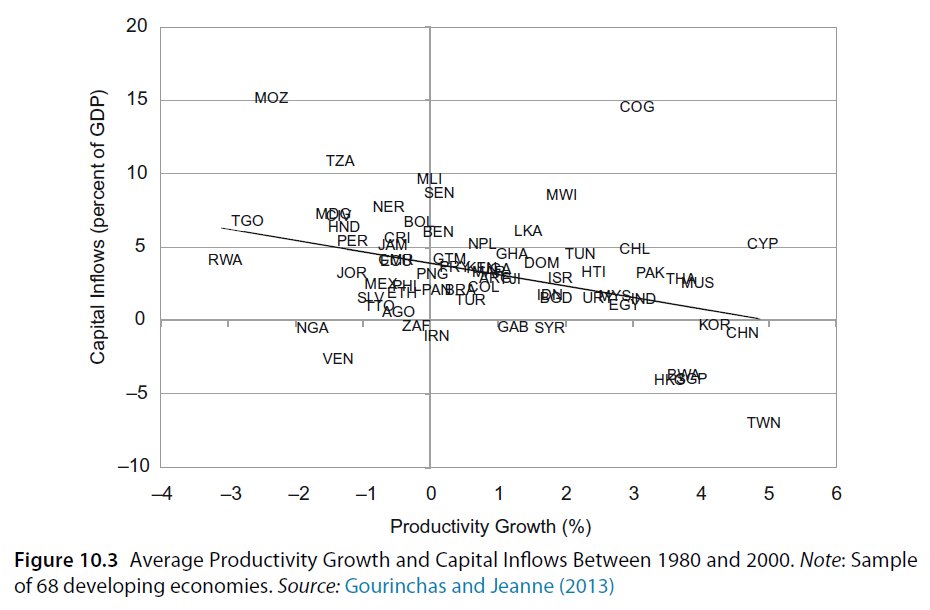
Is child care infrastructure?
The answer matters, because spending that is "infrastructure" should be seen as an "investment", i.e. spending that expands the overall size of the economy in the future -
and hence infrastructure spending should be prioritized
The answer matters, because spending that is "infrastructure" should be seen as an "investment", i.e. spending that expands the overall size of the economy in the future -
and hence infrastructure spending should be prioritized
So is child care infrastructure?
We live in a knowledge based economy where required skills are constantly changing - prolonged periods away from one's profession naturally lowers their productive capacity
We live in a knowledge based economy where required skills are constantly changing - prolonged periods away from one's profession naturally lowers their productive capacity
So making it easier for people, esp women, to stay connected to their profession helps us all - we will not lose valuable talent
The other side of child care is the child of course
The other side of child care is the child of course
There's an entire science on early childhood development, and how best to nurture talents of our children from the very early age
A smartly designed child care system helps us all to achieve more of our natural potentials
A smartly designed child care system helps us all to achieve more of our natural potentials
So of course child care *is* infrastructure ... it's almost a silly debate
The focus should all be on how to make child care most efficient and nurturing
The focus should all be on how to make child care most efficient and nurturing
• • •
Missing some Tweet in this thread? You can try to
force a refresh




